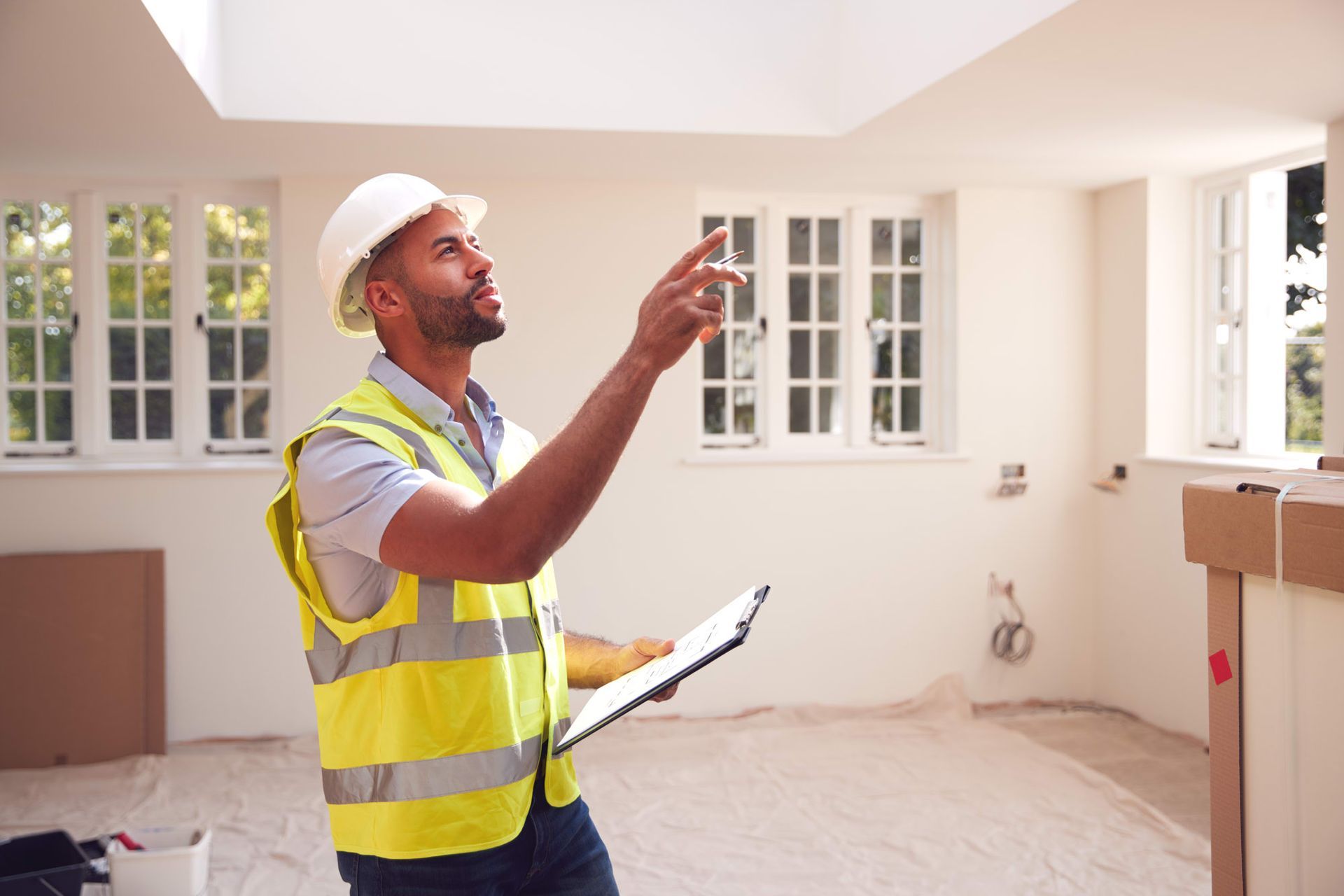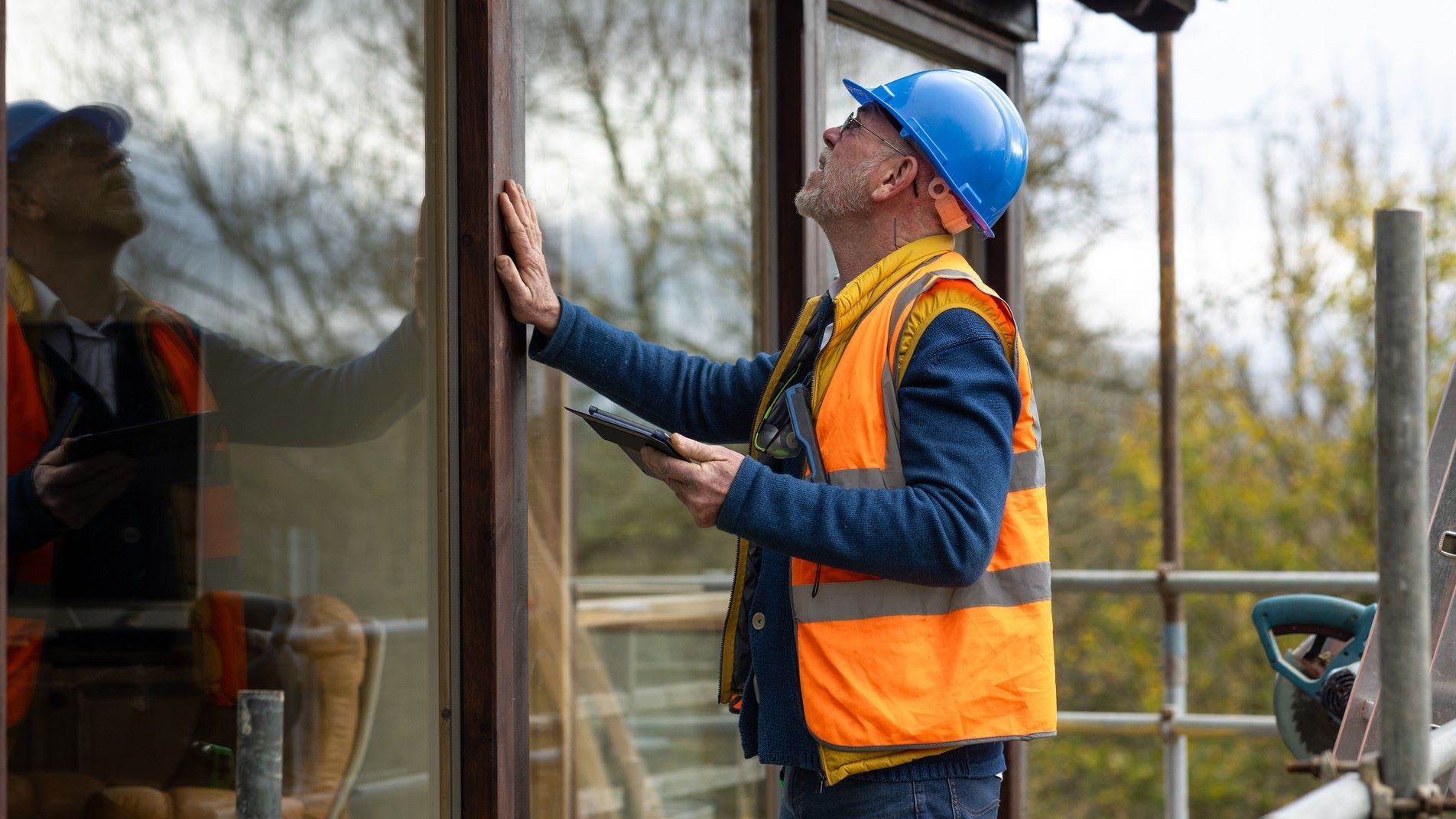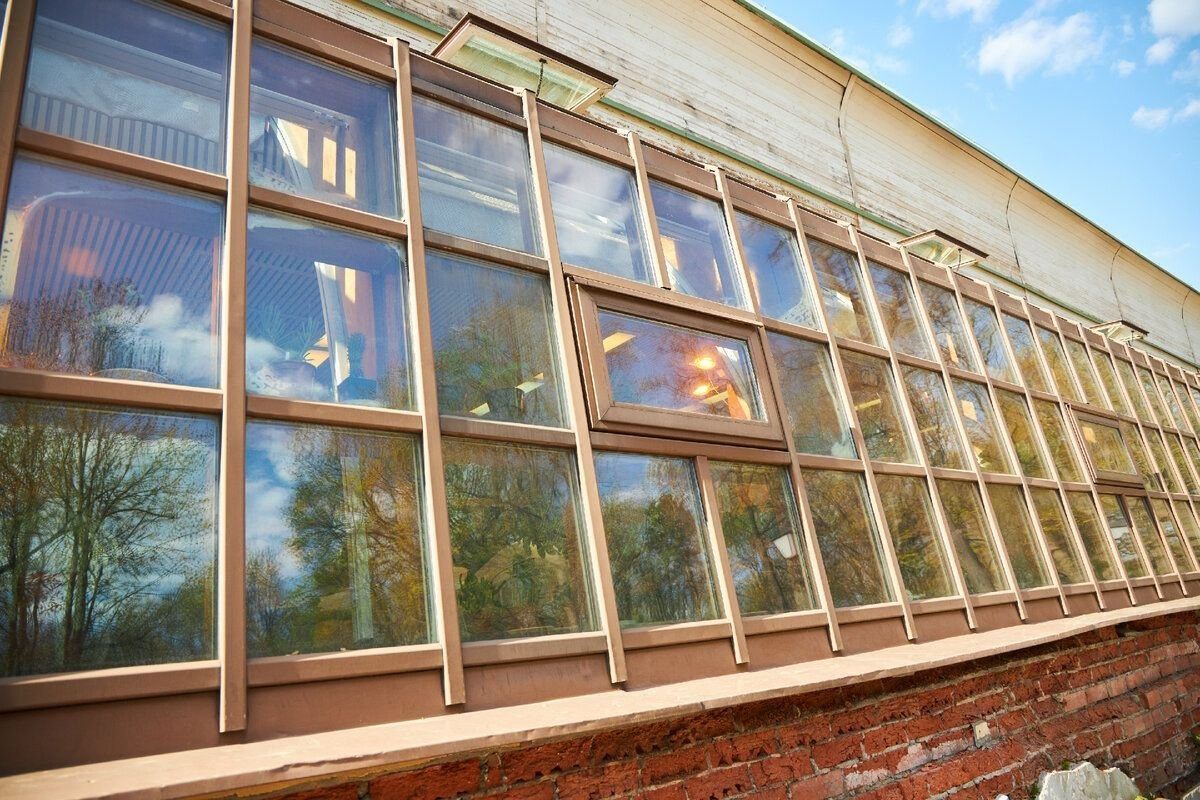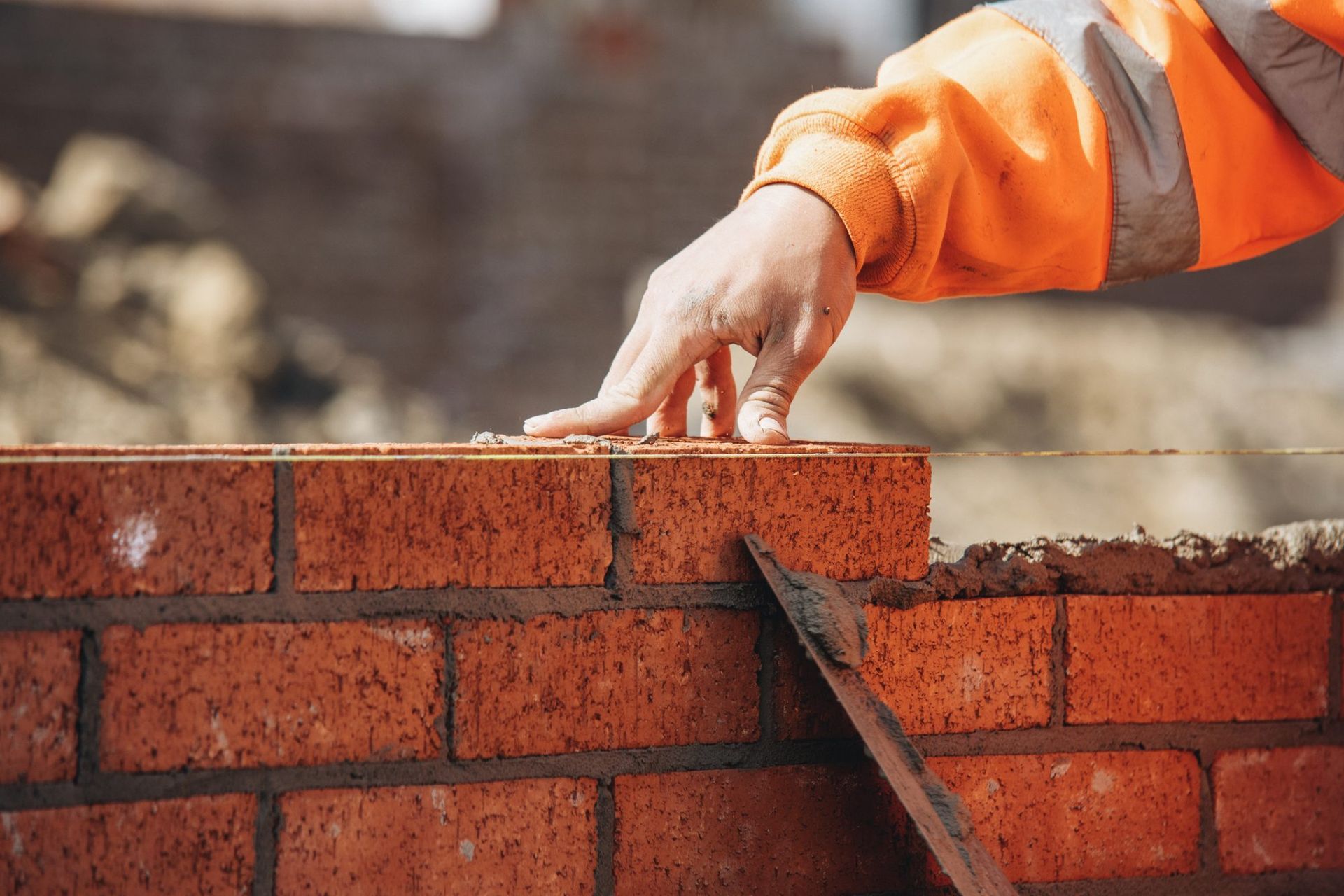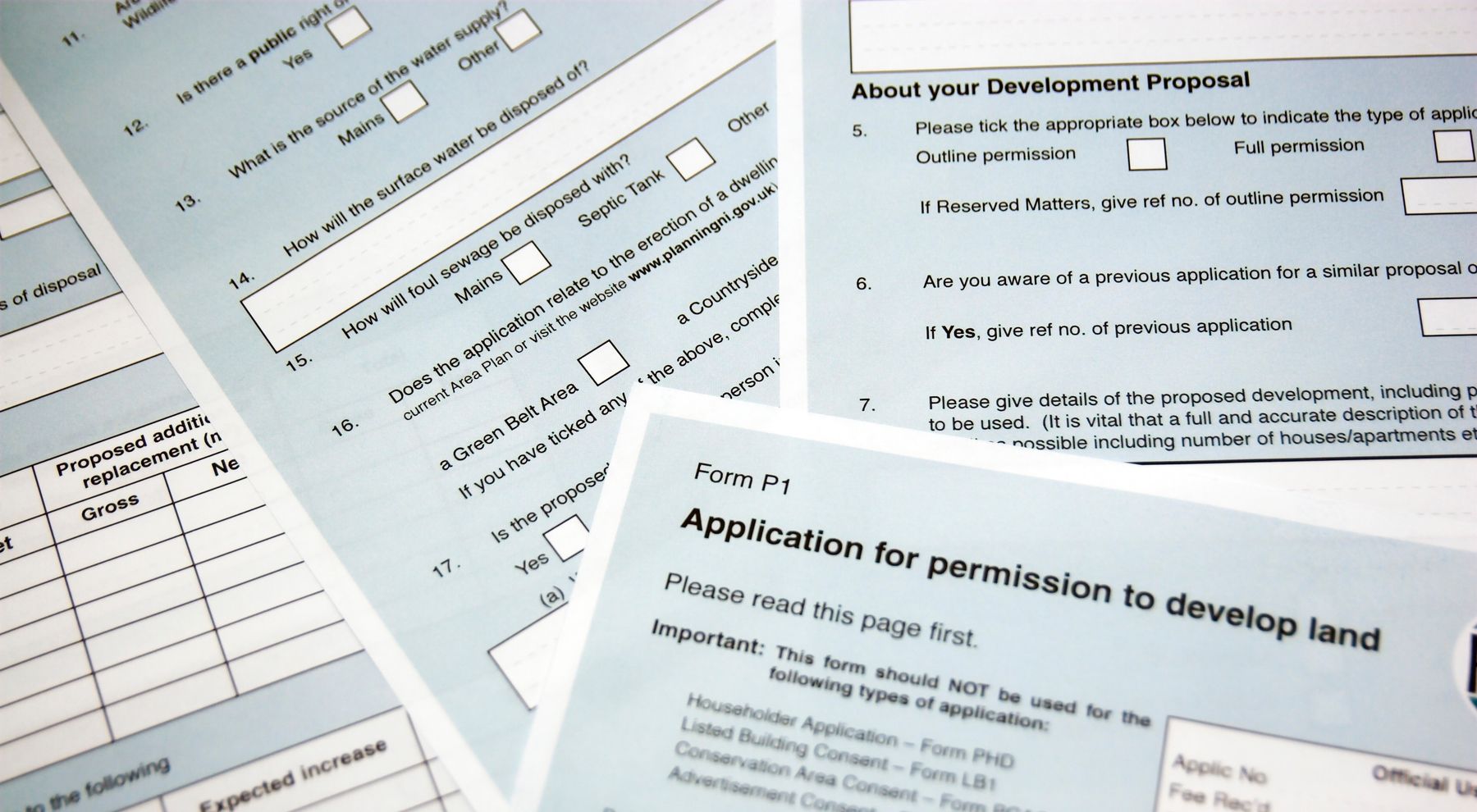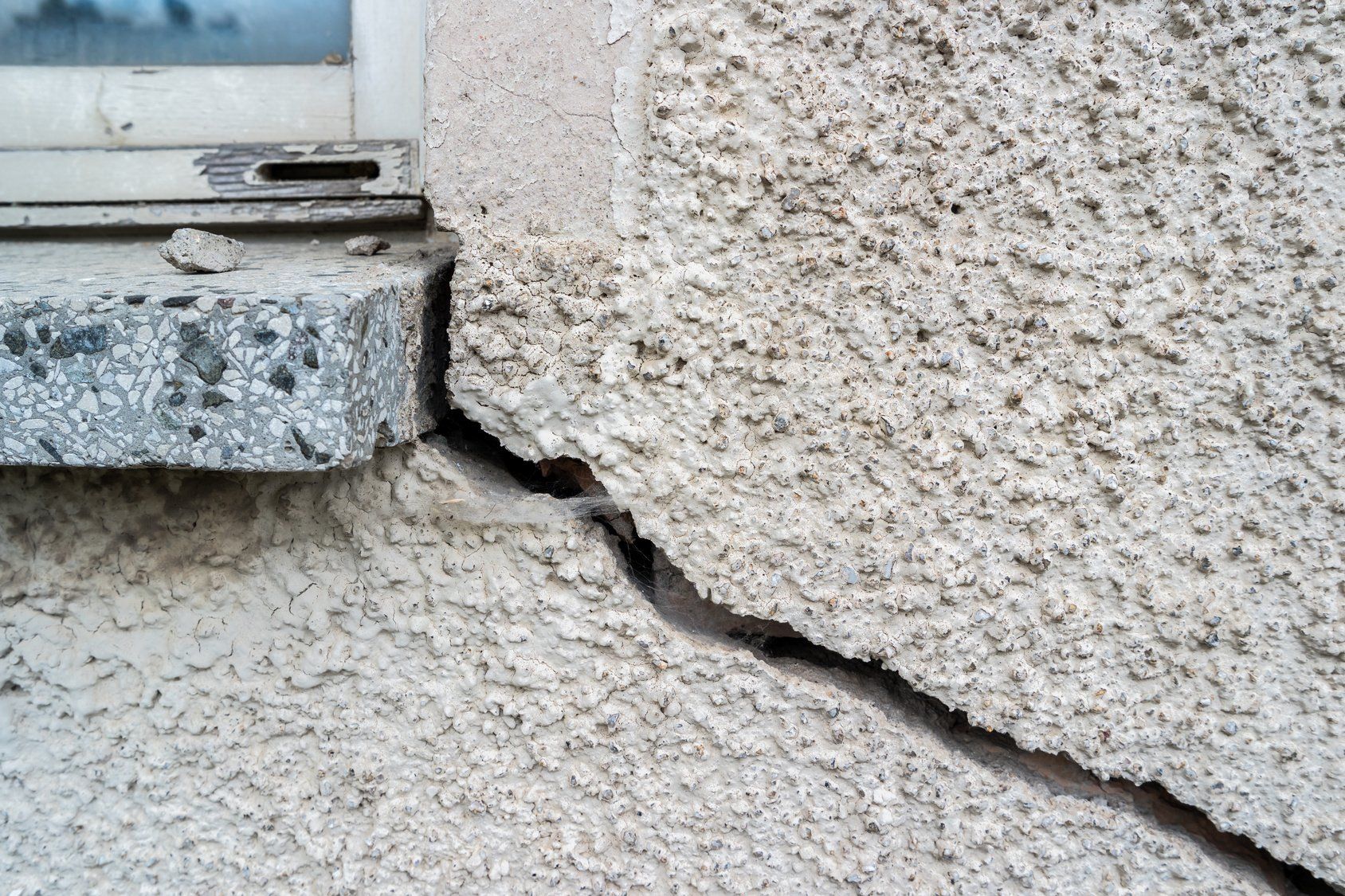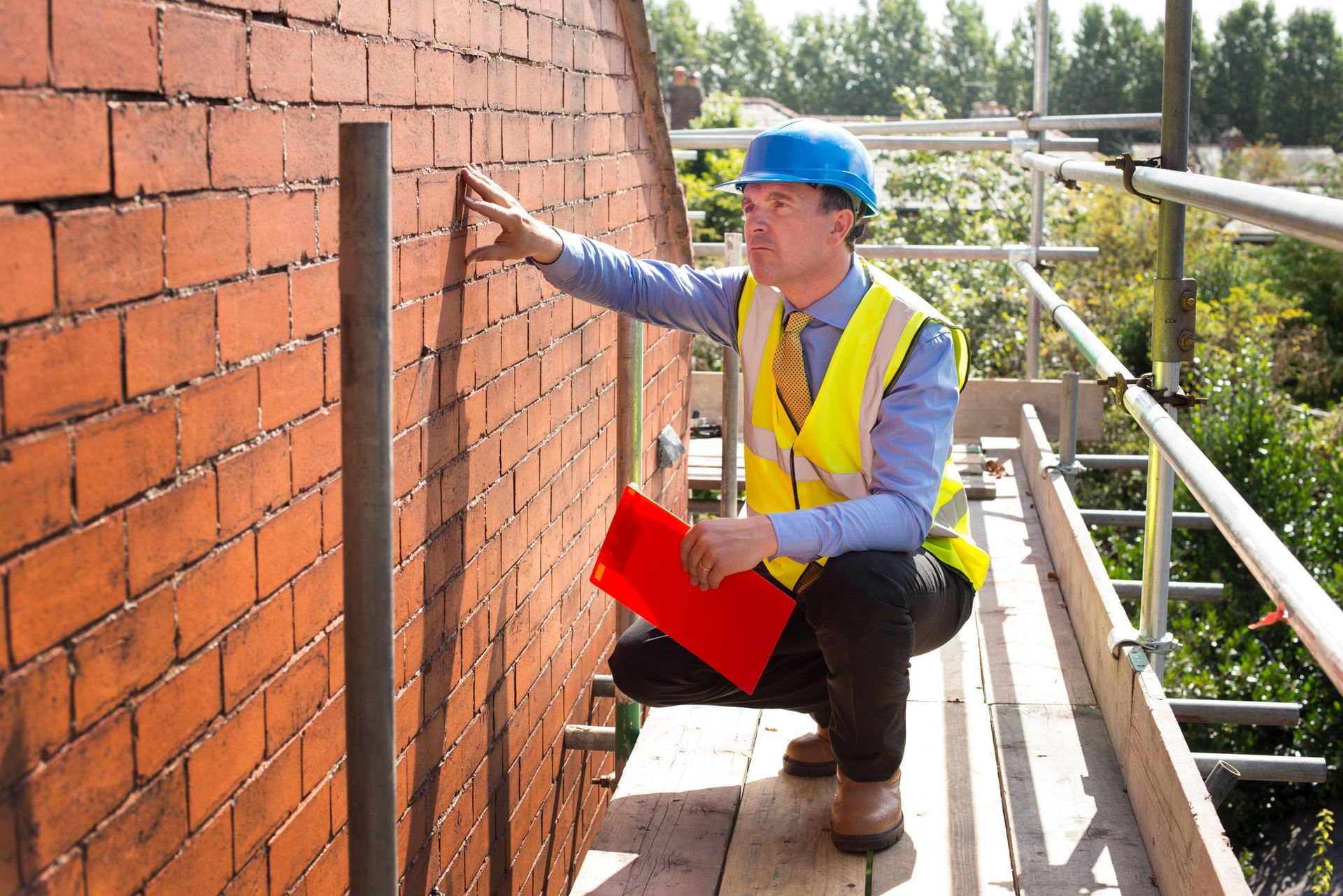Property Surveys & Listed Buildings: Your Complete Guide
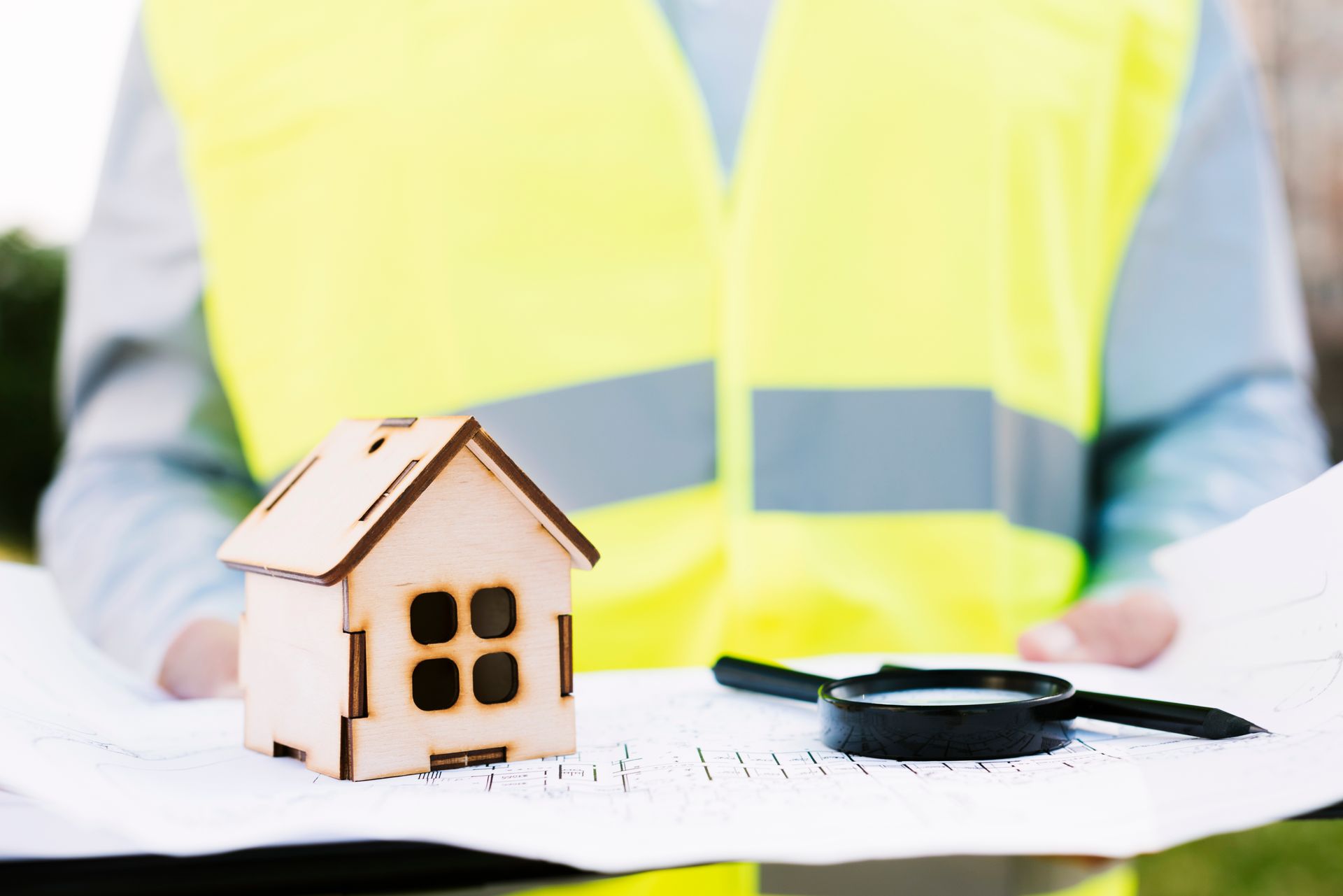
In the UK, we’re fortunate to be in the presence of thousands of historical buildings, many of which have endured for centuries. These include stately homes that are open to the public as well as private residential properties, all of which contribute to the important architectural heritage of our country.
Many of these buildings are protected by Historic England’s listing process, which distinguishes structures of particular cultural importance. From Battersea Power Station to Brighton Pavilion, listed buildings vary widely across the UK, and many are free to visit. Some listed buildings are also lived in as residential homes, where these homeowners must look after and modify their properties according to strict guidelines.
If you’re looking to buy an older property, it is important to be aware of any hidden repair costs or structural issues before making an offer. This is especially vital if you’re looking at a listed building, as you may be required to restore the property in a historically accurate manner.
Read on to find out more about property surveys and listed buildings, with a look at why a cautious approach is so important.
What is a Listed Building?
A listed building is distinguished as being of particular architectural, historical or cultural interest, meaning it is protected under the planning system for future generations. Listings tend to cover both the interior and exterior of a building, as well as any surrounding grounds.
Listings can be secured through public nominations, or Historic England will approach a building that has come to their attention. A recommendation is then made to the current Secretary of State for Culture, Media and Sport, who will then make a final decision about whether the listing should be approved.
Listings come in three key grades, which dictate the historical importance of the site and the lengths that must be taken to preserve its traditional features:
Grade I - where buildings are of exceptional interest, the rarest grade.
Grade II* - where buildings are of more than special interest.
Grade II - where buildings are of special interest, typically the grade of residential properties.
What is a Property Survey?
A property survey involves a thorough examination of a building, its interior and its grounds in order to assess its overall condition on behalf of the owner or a prospective buyer. A chartered surveyor will compile any issues that they find into a detailed report, where this may also include suggestions for important repairs and improvements.
In terms of the property grounds, a surveyor will determine key boundaries, drainage systems and potential environmental hazards, where this information is essential for tackling potential disputes or planning issues. Inside the building, structural problems will be noted, including damp, weak supports or infestations.
All of these details are essential when it comes to helping buyers and developers to make informed decisions about a property.
The Importance of Surveying Your Listed Building
Conducting a thorough building survey is recommended when buying any property, as this can open your eyes to any issues and help you to make a fair offer. But if you’re looking to invest in a historical or listed building, then this kind of inspection is even more important.
When you sign the deed to a listed property, you become the key custodian of its heritage and architectural significance. As such, you will have a responsibility to preserve the site for future generations, with an eye on maintaining traditional features and highlighting the site’s cultural importance.
As such, a building survey can help you to understand exactly what you’re taking on when it comes to managing this kind of property.
Your listed building surveyor will also be able to:
Identify Alterations
A building surveyor will be able to identify any extensions or alterations made to the property by prior owners. If you buy the property, you will take on the responsibility for these changes, which could result in fines or repair costs if these alterations haven’t been carried out with historical preservation in mind.
Offer Guidance
You may also be able to consult with a specialist surveyor in order to receive advice on potential alterations that you may wish to make to the site. An expert in listed buildings will be able to assess whether your plans are feasible, offering potential alternatives and cost effective solutions to the problem at hand.
Suggest Funding Routes
Many listed buildings will be eligible for grants or funding to assist with repair costs, especially if you’re looking to conserve important architectural features in line with the guidelines set forth by Historic England. A specialist surveyor may be able to offer advice on funding applications at an early stage, meaning you will be able to estimate costs and repair schedules to a degree of accuracy.
Common Renovation Restrictions for Listed Properties
Conducting a thorough property survey can allow you to assess potential costs involved in making a listed building liveable. It is entirely possible to alter, extend or demolish various parts of the property with the appropriate permissions, where these are granted in order to balance historical preservation with functionality and safety. As such, once you’ve purchased a listed building, you might have more options than you initially thought.
However, it is essential that the appropriate permissions are granted before proceeding with any construction work. All building projects require standard planning permission, where listed properties are no exception.
In addition to this, you will also need to secure listed building consent for any alterations that may affect the character of the property. This is granted by your local authority, where your application must describe the significance of any historical assets that may be impacted by your planned work.
You will also need to demonstrate that any changes to historical features will be mitigated and avoided wherever possible, where some key elements may have to be restored using traditional architectural methods.
Some features that are typically protected by a historical listing include:
Building Materials - You may find that any alterations to your property have to be made using the same materials that were used in the original build, where this may include sourcing local brick or utilising specialist paint colours.
Walls - In particular, your property’s walls may have to be preserved, as these might be seen as intrinsic to the character of the building. As such, you might need to enlist the help of a traditional masonry contractor or bricklayer to replicate traditional patterns.
Windows - Although windows and window frames can be modernised for insulation purposes, you may have to restore original glass panes or wooden exteriors in order to preserve the original feel of your exterior.
Roofs - As with windows and walls, a property’s roof can give the exterior its character, meaning these often have to be restored using historical methods. This may mean manufacturing replacement tiles in a traditional manner, or enlisting the support of a historical roofer.
Trees - You should also bear in mind that some features of your grounds may be protected, especially if your site is adorned with particularly old or rare trees. As such, you may need to enlist the help of a specialist tree surgeon or arborist to ensure your greenery remains in good condition.
All of these intricacies should be considered before making an investment in a listed building, where a thorough property survey can allow you to consider the extent of repairs and restoration work that needs to be carried out.
Simon Levy: Full House Surveys & Property Inspections
At Simon Levy, our expert team can carry out a detailed property survey on your historical building, to help you to understand the financial risks and architectural limitations involved. We will take an in-depth look at structural elements, interior conditions and the surrounding grounds as part of our thorough investigation, so that you have all the information at your disposal to make an informed decision.
Beyond this, we can also offer commercial building surveys and planning support, helping you to make the best choices when it comes to your property. Our team is impartial, savvy and well-informed, so you can trust us to deliver a comprehensive, trustworthy service.
If you’re looking for shrewd property advice or if you’d like to book an inspection, speak to one of our
professional building surveyors today.

